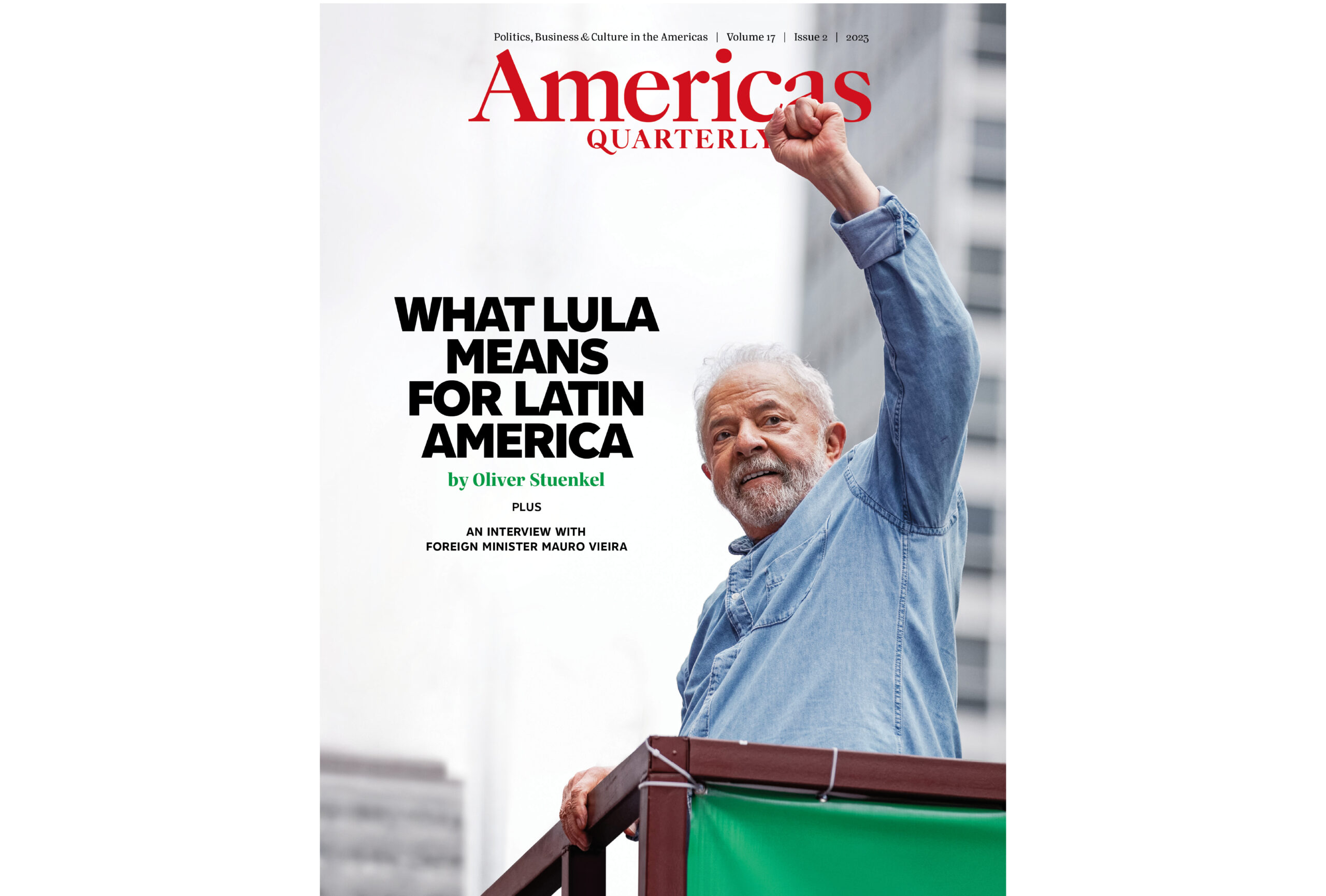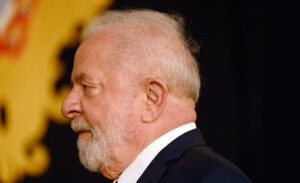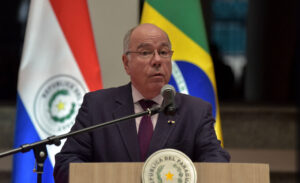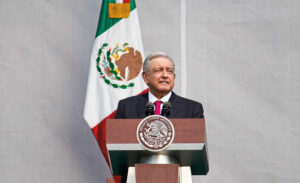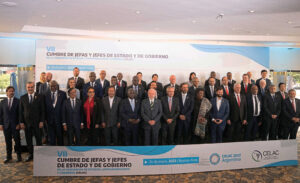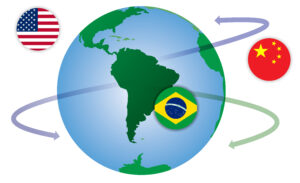This article is adapted from AQ’s special report on Lula and Latin America | Leer en español | Ler em português
Love him or not, the return of Luiz Inácio Lula da Silva is a watershed moment not just for Brazil, but Latin America as a whole.
The 77-year-old is “the region’s only diplomatic heavy hitter and the most globally visible Latin American leader of his generation,” writes Oliver Stuenkel in this issue’s cover story. With that in mind, Stuenkel assesses what Lula might mean for a variety of regional and global priorities: Management of the Amazon, navigating the U.S.-China rivalry, opportunities for more trade and investment within Latin America itself, and more.
The possibilities are real. With Latin America’s economies stagnant since the commodities boom ended a decade ago, and many democracies struggling with internal divisions, the region has lost much of the diplomatic clout attained in the glory days of the 2000s, when Lula was last in office. Having a more prominent seat at the global table could help raise Latin America’s profile among investors and move the ball forward on climate, food security and green energy. Lula’s early visits to Washington, Beijing, and regional capitals have made the scale of his ambitions clear.
But as Stuenkel notes, 2023 is not 2003. Memories of Brazil’s last run at regional primacy are mixed; everyone in Latin America remembers the Odebrecht scandals. Lula’s recent comments regarding the war in Ukraine have often sounded pro-Russia, diminishing Brazil’s credibility not just in Europe and the United States, but in several Latin American capitals as well. Even some fans doubt how much bandwidth Lula will have given deep domestic problems at home, including polarization and a slow economy.
Lula’s legendary charm, and underestimated knowledge of policy, could prove to be welcome assets for Brazil and the region. By focusing on crises closer to home than Ukraine, and nudging his longtime allies in Venezuela and Nicaragua to return to democracy, Lula could attain the global recognition he appears to seek. That would be a legacy worth celebrating, and a positive for all of Latin America.
Listen to this episode of The Americas Quarterly Podcast for more on Lula’s foreign policy

